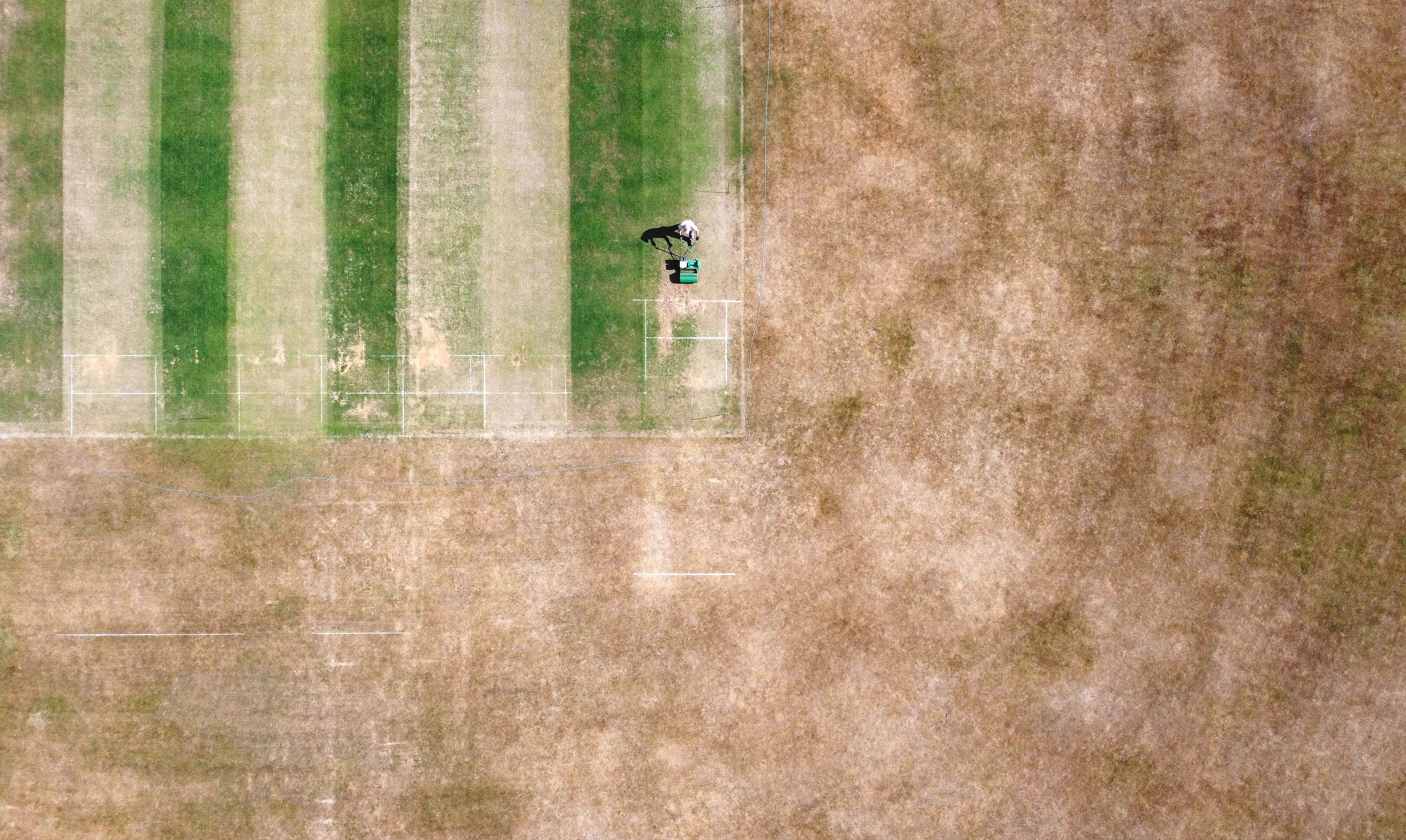Hosepipe ban imposed after England’s driest July for a century
Southern Water said the temporary ban would come into effect on 5 August

Your support helps us to tell the story
From reproductive rights to climate change to Big Tech, The Independent is on the ground when the story is developing. Whether it's investigating the financials of Elon Musk's pro-Trump PAC or producing our latest documentary, 'The A Word', which shines a light on the American women fighting for reproductive rights, we know how important it is to parse out the facts from the messaging.
At such a critical moment in US history, we need reporters on the ground. Your donation allows us to keep sending journalists to speak to both sides of the story.
The Independent is trusted by Americans across the entire political spectrum. And unlike many other quality news outlets, we choose not to lock Americans out of our reporting and analysis with paywalls. We believe quality journalism should be available to everyone, paid for by those who can afford it.
Your support makes all the difference.The first hosepipe ban of the year has been announced in Hampshire and the Isle of Wight after England recorded its driest July in a century.
Southern Water said the temporary ban was necessary because a drought threatens to damage the habitats of the River Test and River Itchen.
The extreme heat and reduced rainfall, alongside demand, have seen water levels drop, Southern Water said on Friday. For the past eight months, Hampshire has seen very little rain and is experiencing one of the driest years on record for more than a century.
The hosepipe ban means customers will not be able to water their gardens using hosepipes, clean their cars or fill ponds, swimming pools or paddling pools, among other restrictions.
“River flows are approximately 25 per cent lower than they should be for July, which is equivalent to losing more than 25 million bathtubs of water,” said Dr Alison Hoyle, director of risk and compliance at Southern Water.
The ban will come into effect on 5 August.
The move comes because this July has been the driest in England since 1911, with only 24 per cent of the expected amount of rain recorded so far this month, the Met Office said earlier this week.
The National Drought Group held an emergency meeting on Tuesday amid concerns that a drought might need to be declared.
Join our commenting forum
Join thought-provoking conversations, follow other Independent readers and see their replies
Comments